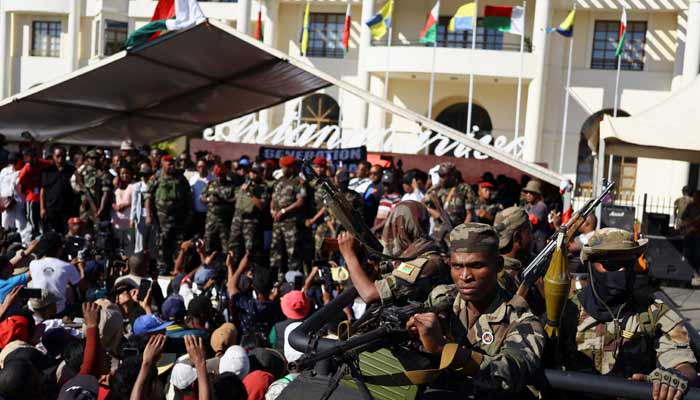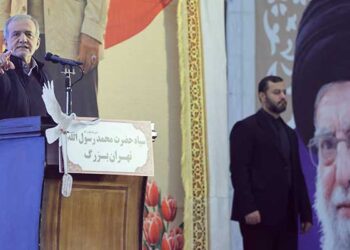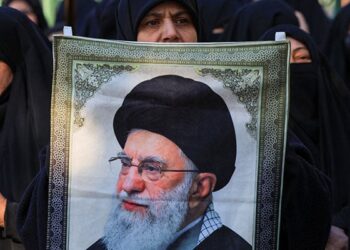Select Language:
A military leader who orchestrated a mutiny in Madagascar announced Tuesday that the armed forces have seized control following the impeachment of President Andry Rajoelina by the legislature. The president had refused to resign despite growing protests from young demonstrators demanding his departure and numerous defections within the military ranks.
Colonel Michael Randrianirina declared on national radio, “We have taken power,” adding that all government institutions would be dissolved except for the lower house of parliament, the National Assembly. He also stated that a committee led by the military would oversee the country for up to two years, working alongside a transitional government until new elections are held.
A military statement outlined that the Senate, the High Constitutional Court, the Independent National Electoral Commission, the High Court of Justice, and the High Council for the Defense of Human Rights and the Rule of Law are now suspended.
Earlier that day, Madagascar’s 51-year-old leader, whose location remains unknown, tried to dissolve the lower house by executive order. However, lawmakers proceeded with impeachment proceedings against him, resulting in a constitutional deadlock that the military exploited to justify their takeover.
Rajoelina, himself a former coup leader from 2009, condemned the military intervention in a statement. Randrianirina, a commander from the elite CAPSAT unit that played a key role during Rajoelina’s 2009 coup, publicly broke ranks with him last week.
In a defiant address Monday night, Rajoelina claimed he had been forced into hiding due to threats on his life. According to a military source, a political opposition figure, and a foreign diplomat, he fled the country Sunday aboard a French military plane. His isolation deepened Tuesday as even members of his ruling coalition, which controls a majority in parliament, voted to impeach him for misconduct and activities incompatible with the presidential office.
Over the past few days, Rajoelina had warned that an attempted coup was underway in Madagascar. The unrest began on September 25 with protests over water and electricity shortages and quickly evolved into a broader uprising fueled by grievances about corruption, poor governance, and inadequate public services. Similar protests have occurred elsewhere recently, including in Nepal and Morocco.
On Tuesday, thousands gathered at Antananarivo’s 13 May Square, along a main boulevard dotted with colonial-era buildings and palms, expressing their anger through dancing, marching, singing, and waving banners. Many labeled Rajoelina as a puppet of France because of his dual citizenship and support from Madagascar’s colonial ruler. The crowd displayed Malagasy flags and a signature protest banner inspired by the Japanese anime “One Piece,” featuring a skull and crossbones.
At one point, Randrianirina stepped onto the stage and prompted applause by asking, “Are you ready to accept a military takeover?” Many protesters cheered, celebrating the military’s intervention with a sense of relief and hope for change. While some expressed optimism, others urged swift transfer of power to civilian authorities and new elections.
Over the weekend, Rajoelina’s forces, including the elite CAPSAT unit, aligned with the protesters and refused to fire on them. The military then appointed a new army chief, prompting warnings from Rajoelina of an illegal power grab. Since that time, paramilitary and police forces have also shifted allegiance away from him.
Madagascar, with an average age under 20 years old, has a population around 30 million people, with approximately 75% living in poverty. The nation’s economic performance has significantly declined since independence in 1960, with the World Bank reporting a 45% drop in GDP per capita between then and 2020.







